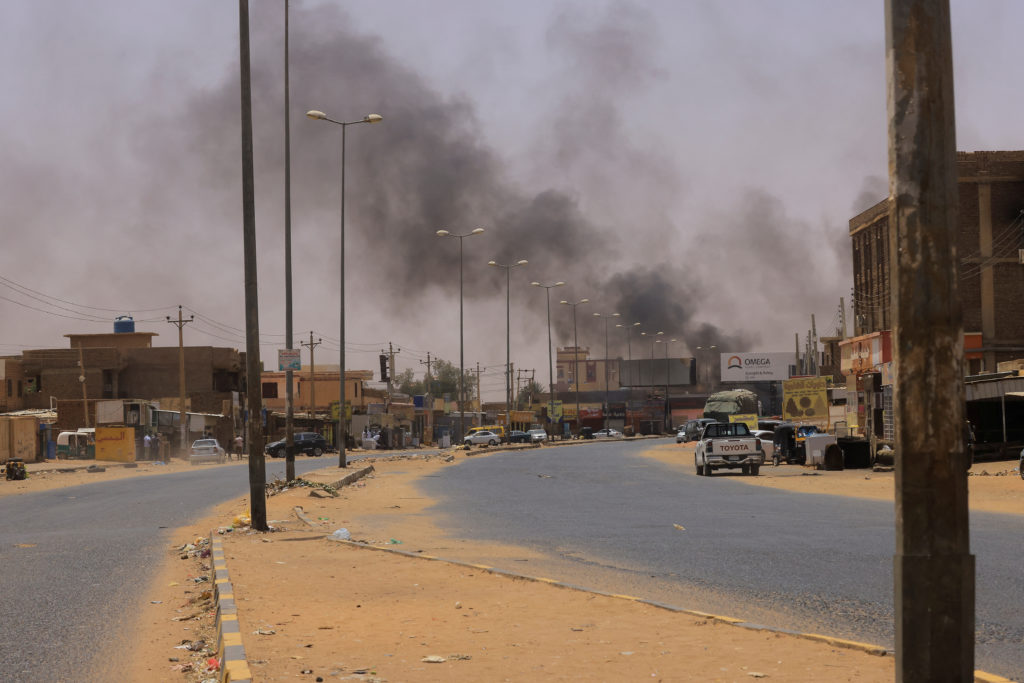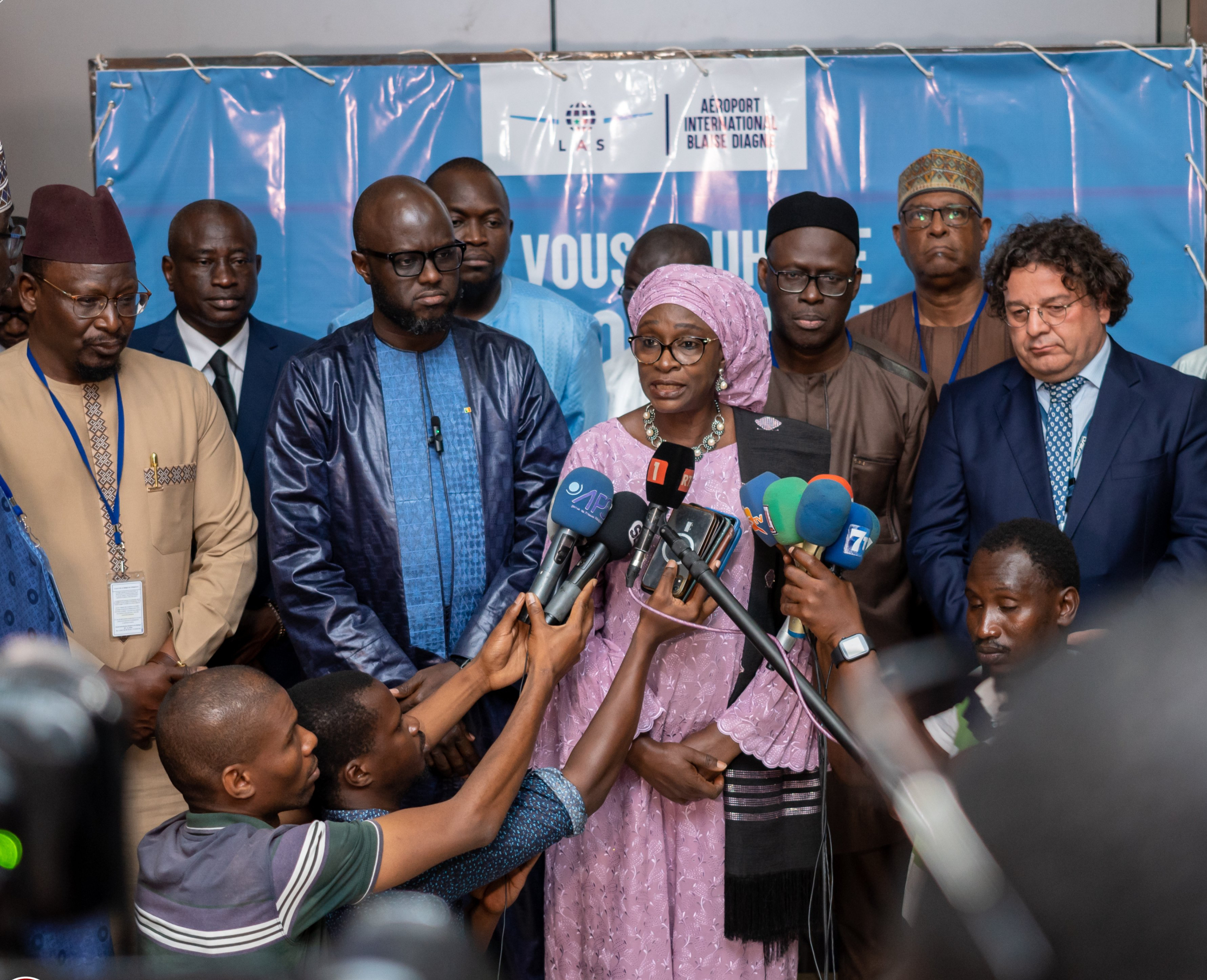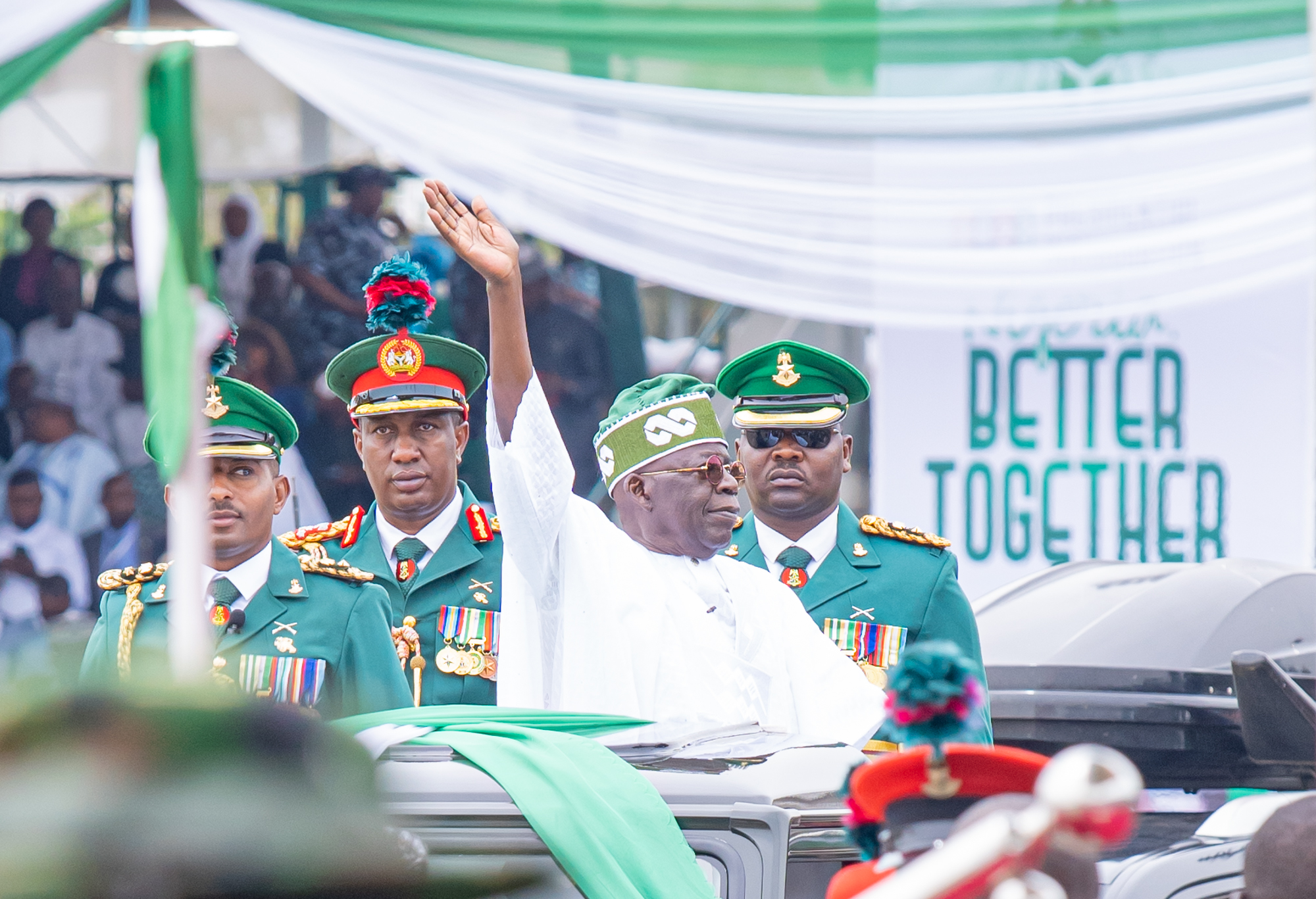Ghosts of the past: Sudan’s rumblings of a civil war

The Sudanese Armed Forces’ (SAF) battle against the paramilitary Rapid Support Forces (RSF) for control of Sudan has resulted in violent clashes with far-reaching effects for the Horn of Africa. SAF leader General Abdel Fattah al-Burhan and RSF Commander Mohamed Hamdan Dagalo – once allies in the ousting former President Omar al-Bashir – now tussle for power. The conflict was the result of soured negotiations to integrate the RSF into Sudan’s military, which would have threatened Dagalo’s authority.
Sudan is an important player in the Horn of Africa, with nations such as the United States, China and Russia all keen to bolster ties. The United States has intensified counter-terrorism operations in Somalia as it looks to forestall Al Shabaab attacks on its Red Sea base in neighbouring Djibouti. The US has also cautioned Sudan against allowing Russia to build a naval base on its Red Sea coast. It is therefore unlikely that the ongoing conflict will endure as the US will push for the restoration of political stability to protect its interests in Sudan.
Legacy of conflict
The RSF, administered by the National Intelligence and Security Service since 2014, grew out of Arab militia that fought on behalf of the Sudanese government during the war in Darfur. Despite allegations of human rights violations, the RSF wields considerable power in Sudan, having been contracted to provide border security and perform counter-insurgency operations throughout the last decade.
Sudan has suffered from political tumult in the wake of the resolution of the Darfur conflict in 2020, from the growing economic instability to the October 2021 military coup that dissolved the Transitional Sovereignty Council and instituted a military government. Following months of protests against prolonged military rule, de-facto ruler General al-Burhan announced in July 2022 that he would support the formation of a civilian transitional government. In a move aimed at aligning himself with the quest for civilian rule, Dagalo has since termed the 2021 coup a “mistake”, claiming that al-Bashir’s loyalists used it to make a political comeback.
Geopolitical dynamics
In spite of its legacy of conflict, Sudan remains a key transit hub for trade between North and East Africa. The country has also played a pivotal role in conflict resolution within East Africa. In September 2018, Sudan and Uganda brokered the Revitalised Agreement for Resolution of Conflict which quelled South Sudan’s civil war by introducing a power-sharing accord. Similarly, Sudan’s role in the signing of the July 2014 Cessation of Hostilities Agreement by the Central African Republic and an alliance of rebel militia groups has cemented its regional influence and promoted its standing with the international community.
Sudan’s deepening relations with Saudi Arabia and the United Arab Emirates, largely bolstered by shared cultural and religious ties, as well as a steady inflow of diaspora remittances, has led to significant investments in the agriculture, infrastructure, mining and manufacturing sectors. On the other hand, China – Sudan’s largest trading partner with significant investments in the mining and manufacturing sectors – imports 5% of its crude oil from the country. China continues to work to minimise the effect of the economic sanctions placed on Sudan despite allegations that its support of authoritarian regimes has exacerbated conflict and instability.
Sudan has also established closer ties with Russia over the last decade which has culminated in support for the renovation of an oil refinery. Despite the limitations imposed by the UNs’ economic sanctions, Russia has vocally supported Sudan’s struggle to minimise instances of conflict across the country.
Despite its ability to galvanise support from international patrons, Sudan’s economic crises continue to grow following a suspension of its debt removal programme, rising inflation and dwindling foreign reserves. Sudan’s growing population, largely due to an influx of Ethiopian refugees fleeing conflict, has heightened the need for humanitarian assistance in the country.
Cessation of hostilities
Regional powers are eager to contain the conflict before it spirals out of hand. The Intergovernmental Authority on Development (IGAD) has called for an immediate cessation of hostilities in Sudan. Kenyan President William Ruto, South Sudanese President Salva Kiir and Djibouti President Ismail Omar Guelleh are among the heads of state set to convene in Khartoum to mediate the crisis. Meanwhile, the African Union Peace and Security Council warned against foreign interference amid reports that Egyptian troops were taking part in the conflict.
On 17 April, US Secretary of State Antony Blinken held separate talks with General al-Burhan and Commander Dagalo. This led to a 24-hour ceasefire that was rapidly broken as clashes resumed in Khartoum shortly before the ceasefire was to come into effect.
Despite strained relations with the international community, Sudan has the ability to secure breakthroughs with key players. The recognition of this fact is most evident in China and Russia’s abstention from the vote to extend the arms embargo on Sudan on 8 March as well as the US’ December 2020 decision to delist Sudan as a state sponsor of terrorism. The US has also shown great support for Sudan’s decision to normalise relations with Israel, welcoming Sudan’s full entry into the Abraham Accords. This, along with the international community’s history of mediating Sudan’s civil strife, makes it unlikely that the conflict will persist.
About the author
Elaine Omwango is an Analyst at Africa Practice, with a particular focus on Kenya and the Horn of Africa, advising clients in the financial, tech, health and nutrition sectors. She can be contacted at [email protected].
Image source: REUTERS/Mohamed Nureldin Abdallah
Proud to be BCorp. We are part of the global movement for an inclusive, equitable, and regenerative economic system. Learn more


